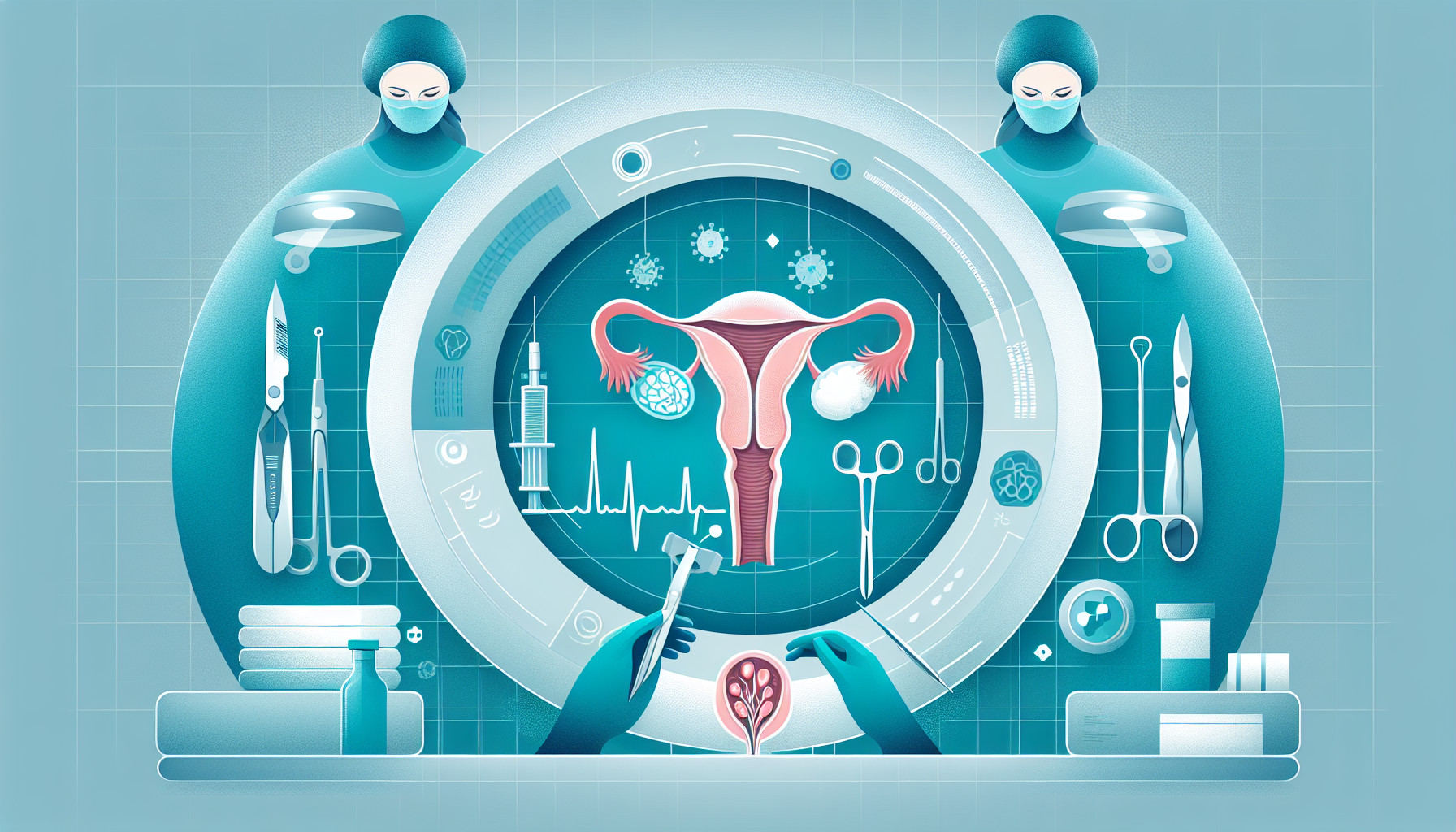Our Summary
This research aimed to understand how effective exercise is in managing Polycystic Ovary Syndrome (PCOS), compared to usual care, diet alone, or a combination of exercise and diet. The researchers found 18 trials that fit their criteria and analyzed the results.
They found that compared to usual care, exercise had a significant effect on several markers of health. These included fasting insulin levels (a measure of how well the body processes sugar), total cholesterol, “bad” cholesterol (LDL), and triglycerides (a type of fat in the blood). Exercise also improved physical fitness (measured as VO2max), waist size, and body fat percentage.
There was no significant effect found for blood pressure, fasting glucose (another measure of sugar processing), “good” cholesterol (HDL), or waist-to-hip ratio. Benefits were most prominent in participants who were overweight or obese, and when the exercise programs were supervised, aerobic, or of shorter duration.
The study also compared the effects of a combination of exercise and diet with diet alone, but didn’t find any significant differences. They couldn’t compare the effects of exercise alone with diet alone, or the combination of exercise and diet with diet alone.
The researchers concluded that exercise does have beneficial effects for people with PCOS, especially in terms of metabolic health and body shape. However, they caution that the effects are modest and may vary depending on the specific trial. They recommend future research focus on well-designed trials comparing both exercise and diet.
FAQs
- What was the aim of the research on exercise and Polycystic Ovary Syndrome (PCOS)?
- What significant effects did exercise have on people with PCOS according to the research study?
- Did the research find any significant effects of combining exercise and diet for managing PCOS?
Doctor’s Tip
A helpful tip a doctor might tell a patient about ovarian cyst removal is to discuss with their healthcare provider the potential benefits of incorporating regular exercise into their post-surgery recovery plan. Exercise has been shown to have positive effects on metabolic health and body shape in individuals with PCOS, which can be beneficial for overall well-being and recovery after ovarian cyst removal. It is important to consult with a healthcare provider before starting any exercise regimen to ensure it is safe and appropriate for individual needs and health status.
Suitable For
Patients who are typically recommended ovarian cyst removal include those who have:
- Large cysts that are causing symptoms such as abdominal pain, bloating, or pressure
- Cysts that are persistent or growing
- Cysts that are suspicious for cancer or causing other complications
- Cysts that are causing infertility or other reproductive issues
- Cysts that are causing hormonal imbalances or other health problems
It is important for patients to consult with their healthcare provider to determine the best course of treatment for their specific situation.
Timeline
Before ovarian cyst removal:
- Symptoms: Patients may experience symptoms such as pelvic pain, bloating, irregular menstrual cycles, and difficulty urinating or having bowel movements.
- Diagnosis: The patient may undergo imaging tests such as ultrasound or MRI to confirm the presence of an ovarian cyst.
- Treatment options: The doctor may recommend conservative management with pain medication or hormonal birth control, or surgical removal of the cyst if it is large or causing severe symptoms.
After ovarian cyst removal:
- Surgery: The patient undergoes a laparoscopic or open surgery to remove the ovarian cyst.
- Recovery: The patient may experience pain and discomfort in the days following surgery and will need to rest and avoid strenuous activities.
- Follow-up care: The doctor will schedule follow-up appointments to monitor the patient’s recovery and ensure there are no complications.
- Symptoms improvement: Patients may experience relief from symptoms such as pelvic pain and bloating after the cyst is removed.
- Fertility: In some cases, ovarian cyst removal may improve fertility for patients trying to conceive.
- Long-term monitoring: The patient may need regular check-ups to monitor for the recurrence of ovarian cysts.
What to Ask Your Doctor
Some questions a patient should ask their doctor about ovarian cyst removal include:
- What type of ovarian cyst do I have and why is it necessary to remove it?
- What are the risks and potential complications of ovarian cyst removal surgery?
- What is the recovery process like after ovarian cyst removal surgery?
- Will removing the ovarian cyst affect my fertility?
- Are there any alternative treatments or options for managing the ovarian cyst?
- How will removing the ovarian cyst affect my hormone levels and overall health?
- How often do ovarian cysts recur after removal?
- Will I need any follow-up appointments or tests after the surgery?
- Are there any lifestyle changes or precautions I should take after ovarian cyst removal?
- What is the success rate of ovarian cyst removal surgery in terms of preventing future complications?
Reference
Authors: Kite C, Lahart IM, Afzal I, Broom DR, Randeva H, Kyrou I, Brown JE. Journal: Syst Rev. 2019 Feb 12;8(1):51. doi: 10.1186/s13643-019-0962-3. PMID: 30755271
